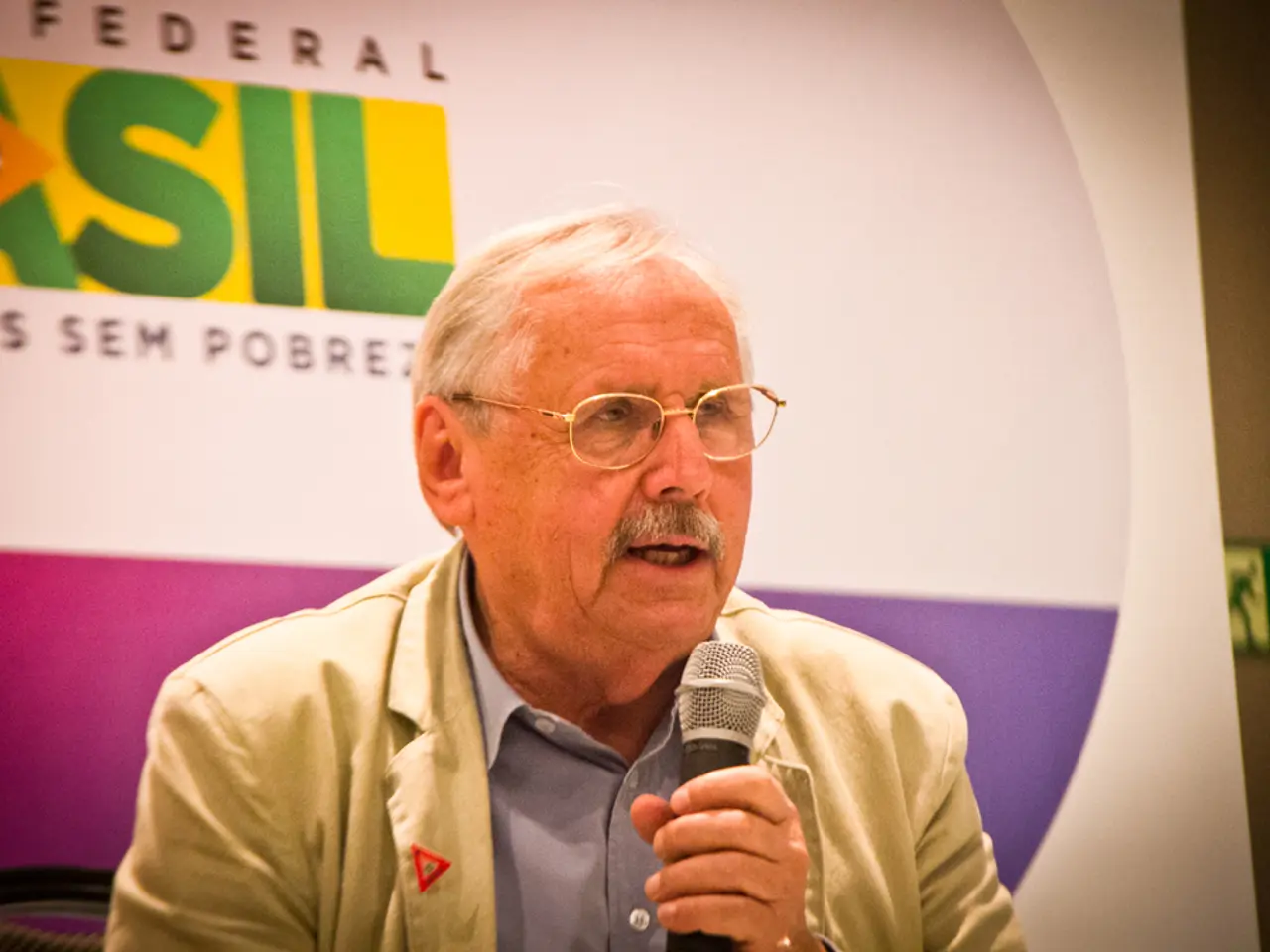Corruption Convictions Boost Populism in Less Democratic Nations
In less democratic nations, governments can exploit personalistic appeals to boost their popularity following high-profile corruption convictions. This phenomenon has been observed in the Philippines and El Salvador, where former leaders' convictions led to increased support for their successors.
Researchers Manoel Gehrke and Feng Yang have discovered that former leaders' corruption convictions can trigger a rise in populism. This is particularly true in less democratic contexts, where governments can amplify personalistic appeals to gain favour with the public.
In the Philippines, former President Joseph Estrada's conviction helped successors like Benigno Aquino III and Rodrigo Duterte gain popularity. Similarly, in El Salvador, President Nayib Bukele's popularity surged after the convictions of former presidents discredited the dominant parties. These leaders often portray themselves as anti-corruption champions, crafting a more personalistic appeal to voters and casting themselves as the antidote to a 'broken' system.
However, in more democratic countries, convictions of former leaders do not significantly boost government approval. Independent media, opposition parties, and civil society limit the government's ability to shape the narrative in its favour after convictions. Personalistic appeals flourish when institutional checks are weak and other actors face stiff constraints in contesting those appeals.
Gehrke and Yang's findings highlight the importance of understanding when and how leaders use populism, often in response to specific events like high-profile corruption convictions. As seen in the Philippines and El Salvador, these convictions can prompt leaders to adopt personalistic appeals, reaching beyond core supporters and potentially boosting their popularity. However, the effectiveness of these appeals is influenced by the democratic context of the country.





